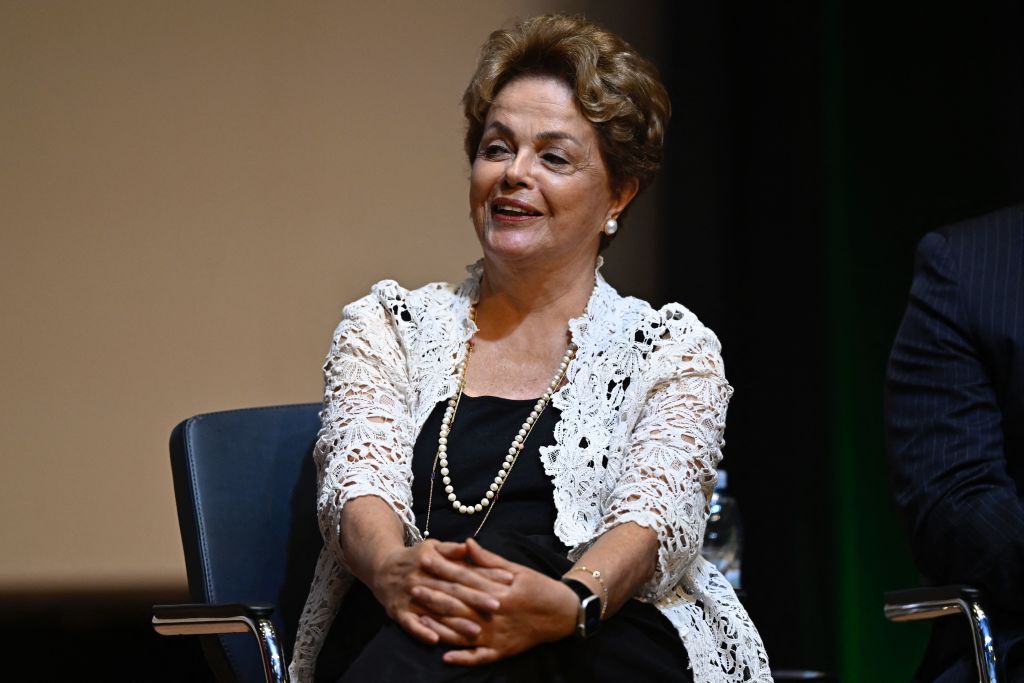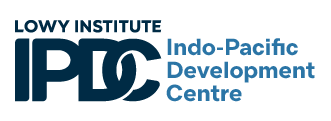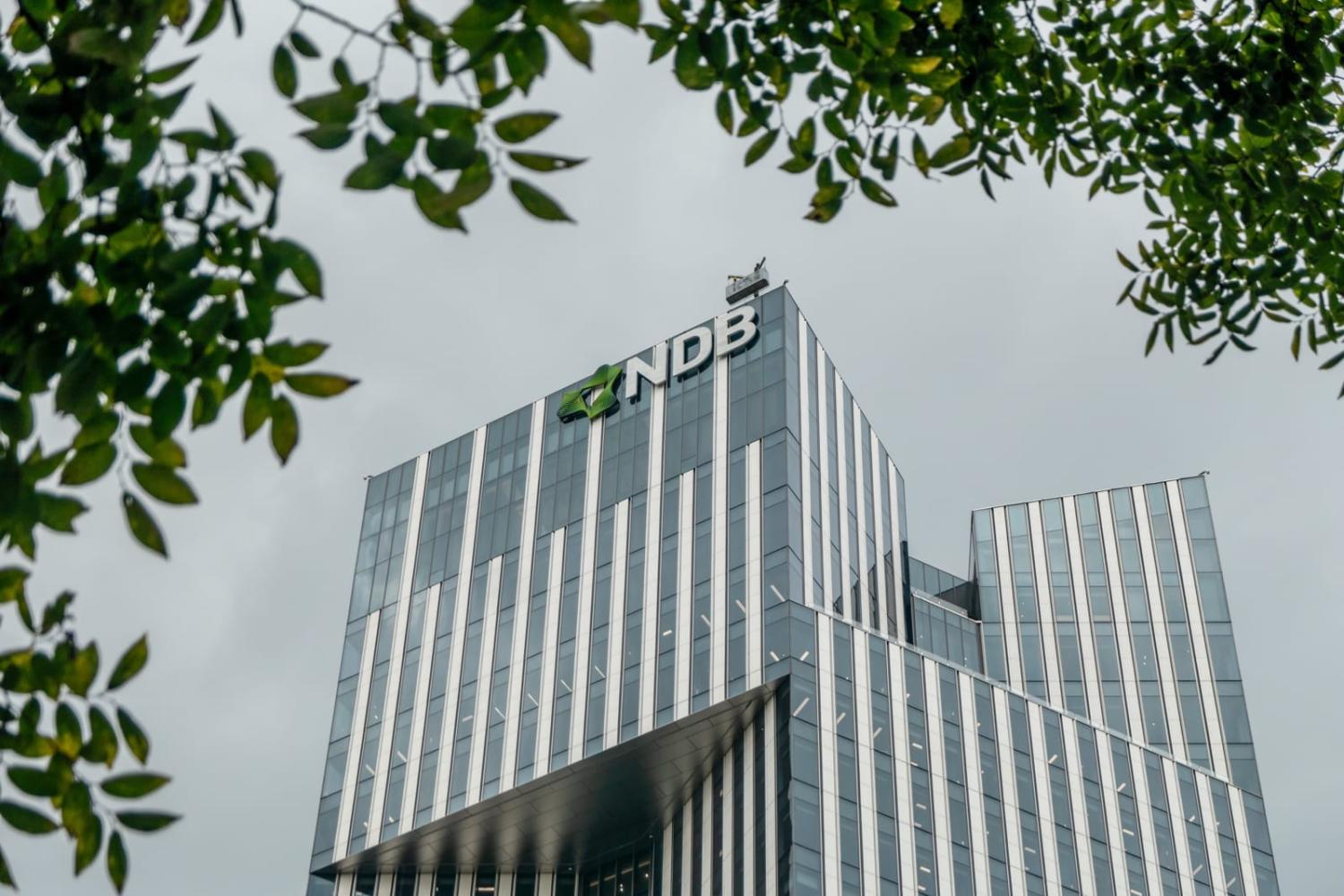Dilma Rousseff, former president of Brazil, was this month elected as the next chief of the New Development Bank. Once known as the BRICS Development Bank, and seen as an effort to rival the Bretton Woods system with its pillars in the World Bank and International Monetary Fund, much discussion in the West has examined the possible political and ideological motivations behind Rousseff’s appointment as president. Yet this focus has overshadowed much more significant concerns – the current state of the New Development Bank, the duties of the NDB president, and also the challenges that await the institution in the current global economic order.
Made up of nine members – the BRICS countries of Brazil, Russia, India, China and South Africa, in addition to Bangladesh, Egypt, the United Arab Emirates and Uruguay – the NDB aims to finance projects related to energy, infrastructure, basic sanitation, and environmental protection in BRICS member states and developing countries.
The establishment of the NDB stemmed from the desire for change in the global financial architecture, which historically has received criticism for privileging the particular interests of Western powers while limiting the access of poorer countries. Others see the NDB as complementary to the existing international financial institutions by fostering competition, providing more opportunities for countries to source international investments. At present, the bank claims approved financing of US$32.8 billion for 96 projects in member countries.

However, NDB and its new president face significant challenges to push these projects forward. One of the main challenges that the NDB faces is an increasingly complex geopolitical environment, brought on by economic and strategic competition. Aside from the increasing rivalry between China and India – two Asian powerhouses – potentially straining relations between BRICS members, the NDB is also grappling with the fallout and economic repercussions from the Russian invasion of Ukraine.
Since March 2022, Russia has had all negotiations within NDB frozen, which account for a total exposure of $1.8 billion to Russian-domiciled entities. As the NDB relies on external financing (via mechanisms such as the issuance of debt securities in domestic and/or international capital markets) and capital from the bank’s members, the ongoing conflict combined with external pressure from the West and sanctions on Russia have hindered the NDB’s quest for foreign funds.
To address these issues, the BRICS bloc is considering admitting more new members. Russian Foreign Minister Sergey Lavrov recently claimed that “more than a dozen” countries have expressed interest in joining the economic group, including Afghanistan, Argentina, Indonesia, and Saudi Arabia.
One of the NDB’s main goals is expanding projects financed in local currencies. This also supports Beijing’s global campaign to internationalise the renminbi (RMB). Despite the Chinese currency ranking fifth as the most active currency in terms of value in the list of global payments according to SWIFT reports, emerging countries are becoming increasingly keen to use RMB in commercial transactions with China.
For some countries, a willingness to use RMB is due to low US dollar reserves, desire to circumvent US sanctions, or part of broader efforts to find alternatives to the dollar appreciation. This is the case for various potential new NDB members, such as Argentina, Pakistan, and Kazakhstan, which also share a similar economic background to Brazil: large exporters of commodities to China and whose national currency tends to devalue against the dollar. From this perspective, using the RMB can help avoid dependence on the US dollar as a third currency.
It is also worth noting that major oil exporters to China, known as the petro-rmb or petro-yuan group – namely Russia, Iran, the UAE, and Angola – are also increasingly using RMB in transactions. In March, international media reported that negotiations between China and Saudi Arabia, the main exporter of oil to China, for the use of the RMB in oil agreements were underway. With these major energy suppliers additionally looking East for additional non-energy-related cooperation opportunities, they may find more common ground with Beijing rather than with Washington.
Looking ahead, various inter- and intra-geopolitical tensions as well as domestic issues may continue to impact the NDB’s cohesion under Rousseff as the new president. Notably, a number of some of the current and potential members are facing significant internal concerns such as unstable economies and diplomatic isolation, different levels of economic development, and rivalries. These issues could make it more challenging for governments to maintain power domestically as well as achieve cohesion within the bloc, not to mention potentially making the NDB’s quest for foreign funds much more complicated.
Given the differences among the BRICS bloc, members should put efforts towards projects where their interests converge to fulfil the promise of pursuing a more equitable world order. To this end, attracting new members to the NDB under Rousseff is not only a matter of sourcing economic resources to achieve the NDB’s ambitions amid the complexities brought on by Moscow but is also a means of reducing friction among BRICS members. At the same time, this strategy can reshape the image of the NDB as an initiative worth joining.
A product of the Lowy Institute Indo-Pacific Development Centre, with funding support from the Australian Department of Foreign Affairs and Trade.


